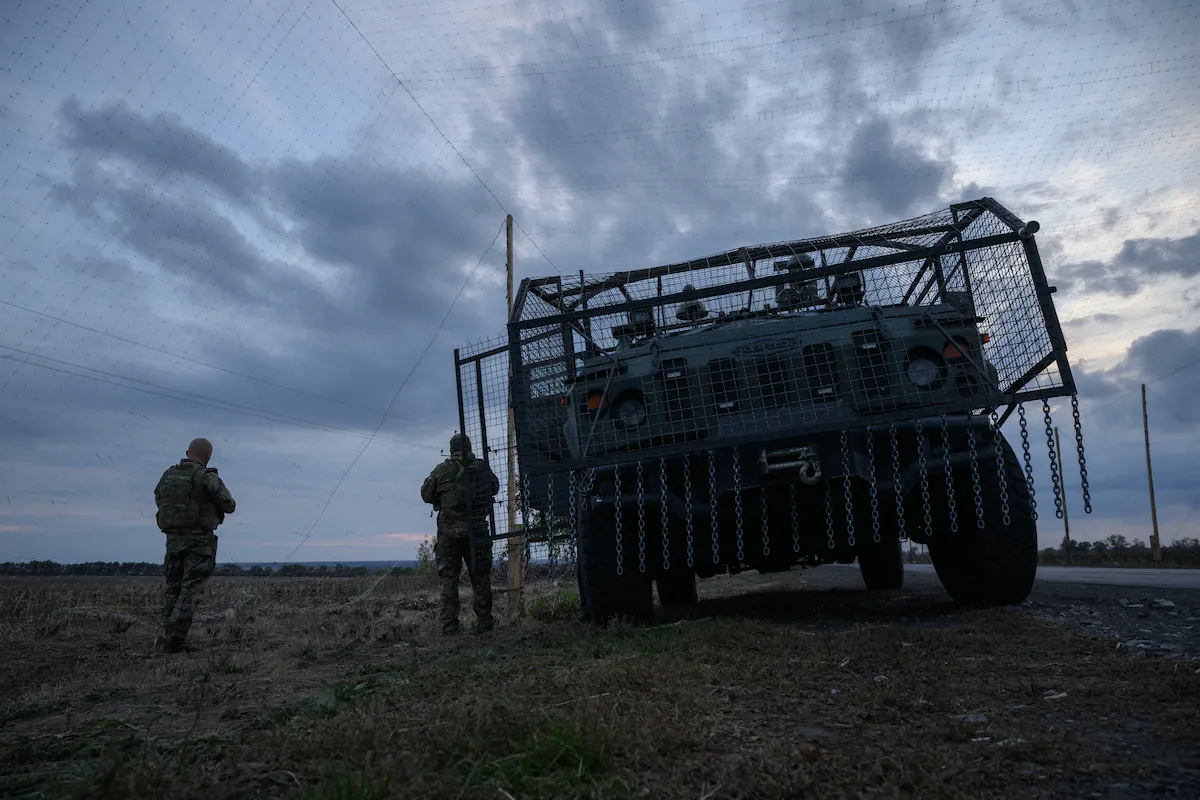Copyright yourstory

India’s employment engine in technology is no longer powered only by traditional IT services. That model, which scaled rapidly in earlier decades, is now more exposed to global demand cycles. Slowdowns in discretionary technology spending or project-based work have led to uneven hiring patterns across the sector. Global Capability Centres (GCCs), however, present a different trajectory. They are now embedded in the strategic and operational core of multinational enterprises. Among them, healthcare GCCs are emerging as particularly resilient because the work they manage is central to the functioning of global health systems. Their steady expansion has begun to act as a stabilising force in India’s wider employment landscape. Essential functions that cannot be paused Healthcare technology operates under conditions where continuity is non-negotiable. Digital platforms for electronic health records, claims processing, and care coordination are not discretionary investments that can be postponed until budgets allow. They are the mechanisms through which healthcare is delivered and monitored every day. Any lapse in these systems has a direct effect on patients and providers. As a result, enterprises cannot afford to reduce their focus on these functions, even when other areas of technology spending are being reconsidered. For India’s labour market, this creates an important structural buffer. Roles that anchor compliance, data protection, and patient engagement retain their relevance across cycles. Professionals with these capabilities are less exposed to volatility than peers in sectors where technology investment can be delayed. This dynamic explains why healthcare GCCs continue to recruit steadily, even as employment growth in adjacent industries fluctuates. Specialisation as a source of resilience The durability of healthcare GCCs also rests on the kind of expertise they cultivate. The sector requires professionals who can move fluently between technical and domain contexts. Engineers need to understand the implications of privacy regulations; analysts must align their models with clinical protocols; cybersecurity specialists design systems with interoperability in mind. Once developed, these dual competencies are not easily substituted. That scarcity strengthens the resilience of employment in this segment. Organisations have responded by investing in structured pathways that link technical training with exposure to healthcare environments. Employees working on digital platforms are encouraged to learn not just configuration but also how clinicians use the system in practice. Data specialists are trained to understand the regulatory frameworks that govern the use of information. By combining domain immersion with technical progression, healthcare GCCs are building careers that remain relevant even as technology cycles shorten. The result is a workforce less vulnerable to displacement and more capable of driving innovation. Expanding the talent footprint Another dimension of resilience lies in the way healthcare GCCs are broadening their reach into the Indian talent pool. Hybrid work models have allowed organisations to integrate professionals from Tier II and III cities into core delivery teams. Distributed delivery is supported by strong onboarding processes and collaboration models that ensure quality is consistent across geographies. This approach achieves two objectives. It provides organisations with access to niche skills and deepens the bench strength available for specialised functions. At the same time, it allows professionals to pursue careers in healthcare technology without having to relocate to major metros. The model supports inclusive growth while also strengthening employee loyalty, since careers can be built in closer alignment with personal and family priorities. Innovation outcomes and long-term stability Resilience is also about how work is measured. Healthcare GCCs are increasingly assessed on their ability to deliver innovative outcomes rather than just efficiency. Improvements in claims accuracy, reductions in turnaround time, stronger data safeguards, and more responsive patient engagement are now core performance indicators. For employees, this creates an environment where growth is tied to visible impact. Their skills contribute directly to improvements in healthcare delivery, which enhances motivation and strengthens retention. The ability to link employee development with measurable innovation also provides long-term stability. It ensures that healthcare GCCs are positioned as centres of expertise that shape enterprise strategy. As innovation metrics gain weight, the roles required to achieve them become more valuable, further reinforcing resilience in employment. A resilient segment for the decade ahead Projections suggest that India’s GCC workforce could surpass traditional IT services in scale within the next decade. Healthcare GCCs are likely to be among the most resilient contributors to this shift. Their foundation in non-discretionary work, cultivation of dual-domain skills, expansion into distributed talent pools, and their alignment with innovation outcomes all point to sustainable growth. For India’s broader employment engine, this resilience is significant. It provides stability during cycles of global uncertainty and ensures that the country remains a preferred destination for high-value, high-trust enterprise work. Healthcare GCCs are creating careers that will endure as the sector evolves. Their emergence as a stable pillar of India’s employment landscape reflects both the demands of healthcare and the capability of the workforce delivering it. (Edited by Jyoti Narayan)



